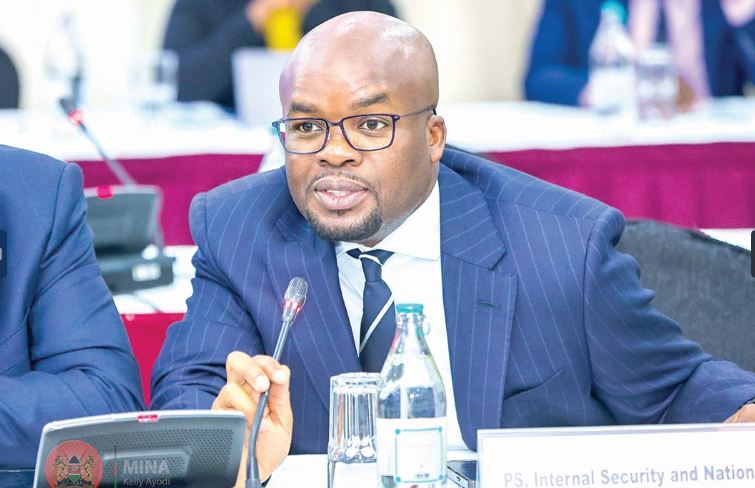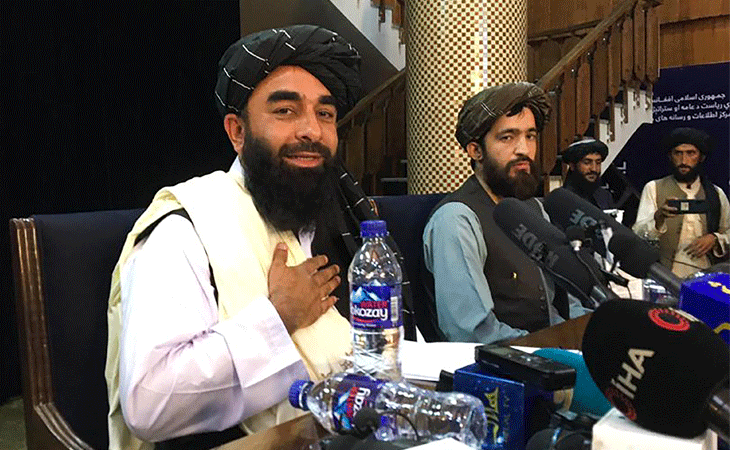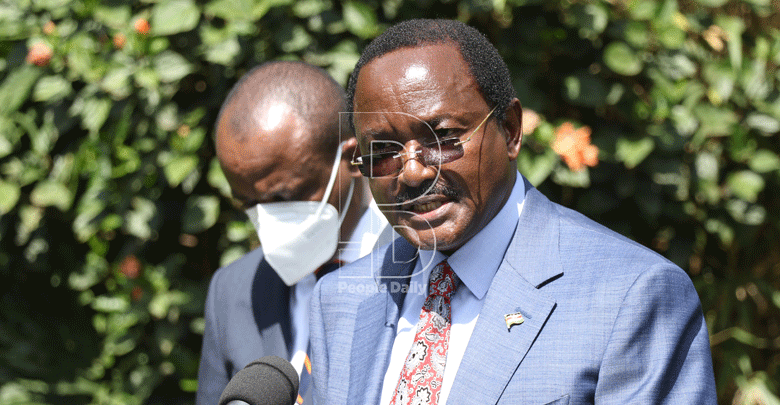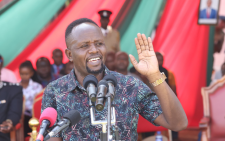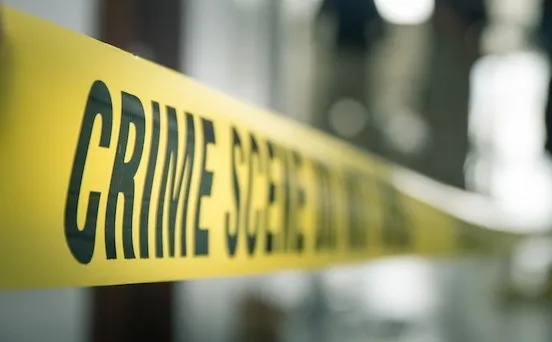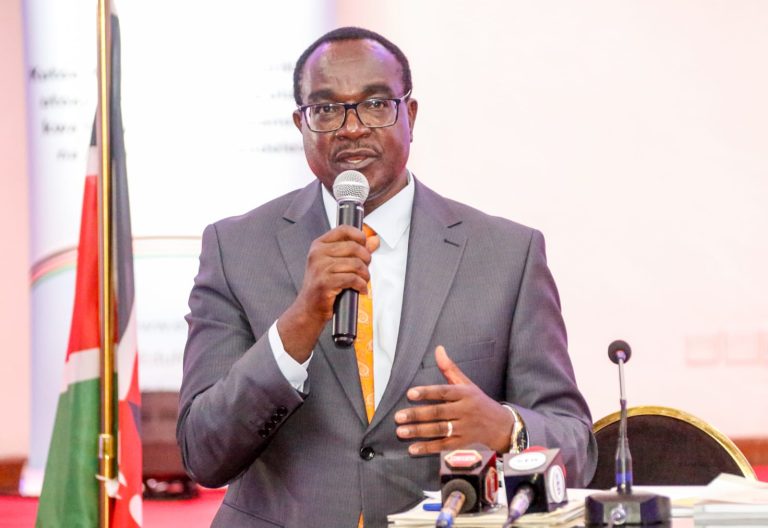Iran must change its current direction, seek peace
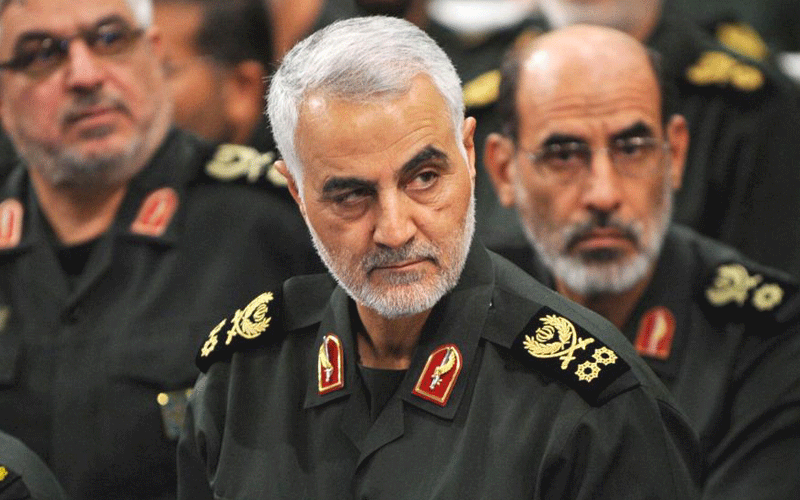
The killing of Qassim Suleimani, in a US drone strike two weeks ago should have provided a moment of introspection for Iran.
Instead, the country’s leaders jerked up their war rhetoric, increased financing for terrorism operations, and walked away from the 2015 nuclear agreement.
This is heading in the wrong direction. Suleimani, head of the Quds, Iran’s secret military force, has been responsible for atrocities by the Shiite militias he supervised, commanded, financed and organised.
His fatal mistake was to instruct his Iran-backed militia in Iraq to storm the US embassy in Baghdad.
This brazen act, coming in the wake of extreme provocations in the last two years, forced the hand of US President Donald Trump.
There were doomsday scenarios predicted as a consequence, but these have all come to nought. Iran backed off, not daring antagonise Trump further. Oil prices remained stable.
Iran needs to recalibrate its engagement with the world. It needs a paradigm shift for the sake of its own citizens, and a safer world.
First, it must stop supporting terrorist groups. Suleimani was Iran’s sword, slicing its way through huge swathes of the Middle East, leaving anarchy and destruction in its wake.
In Iraq, Iran organised and financed the Shiite Popular Mobilisation forces, an umbrella for several allied militias under Suleimani’s advisor, Abu Mahdi al-Muhandis. Abu was killed alongside Suleimani.
In Syria, Suleimani had mobilised an international Shiite fighting force to support embattled President Assad.
In Lebanon, Suleimani had Hezbollah, Iran’s most infamous proxy, while in Yemen, Iran backs the Houthi rebel insurgency.
The overall vision is to create a Shiite area of influence spanning the entire Middle East as a bulwark against the dominant Sunni hegemony in the region.
All these military adventures have had a very adverse effects on the Iranian economy, buffeted by years of harsh economic sanctions.
The US estimates that Iran has spent US $16 billion (Sh1.6 trillion) on militias in Iraq and Syria alone.
Secondly, Iran needs to sue for peace. It must drop its nuclear ambitions, which are at the heart of its troubles with the international community.
The nuclear ambitions are nothing but an ego trip for Iran’s leaders. As Trump reiterated, the global community will not allow Iran to develop nuclear weapons.
Thirdly, Trump is the wrong person to put to test. With President Barack Obama, Iran, in exchange for nuclear co-operation, got a sweetheart deal that released over $150 billion (Sh15 trillion) in frozen assets.
In addition, Obama sent Iran $ 1.7 billion (Sh170 billion) in cash in two tranches. Unfortunately, its clear that this money only boosted Suleimani’s capacity to create mayhem in the Middle East, and to export terrorism.
Suleimani’s terrorism activities were very pervasive. In Kenya, two members of the Quds Force, Ahmad Abolfathi and Sayed Mansour, came to the country in 2012 as tourists.
They were arrested in possession of deadly bomb-making materials, prosecuted, and jailed for 15 years.
Finally, unless Iran starts addressing its deteriorating economy, deadly protests will continue.
Brutal repression was used to put down weeks of protest over increased fuel prices in September 2019. Hundreds were killed and thousands injured.
Iran’s economy is bound to get worse, especially in the face of renewed sanctions. Just how much can a country take before it implodes?
The protests were jumpstarted by shooting down, by Iran’s military, of an Ukrainian jetliner that was taking off from Tehran a day after the killing of Suleimani.
Iranian authorities denied responsibility for days and only admitted the truth when confronted with intelligence and satellite evidence. In the plane were Iranians, Canadians and Ukrainians.
Furious, Iranians are back on the streets, calling for the ouster of the top leadership. The governments of Canada and Ukraine are demanding an explanation and compensation for their citizens killed in the crash.
A settled and pacific Iran is a critical part of the international mosaic of nations. Iran has the world’s second largest reserves of oil- it’s a global resource.
It has potential to become a leading Middle East economy, and a driver of technological advancement and economic growth of the entire region.
It is critical that it changes its trajectory from the current self destructive mode, and remodel itself into a pivotal global player. —[email protected]
